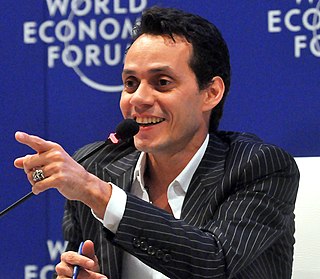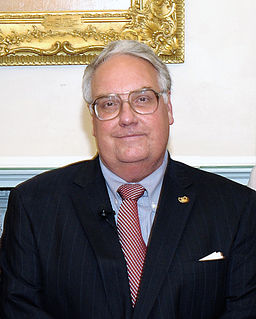A Quote by Ruben Blades
So that I saw music as a way of documenting realities from the urban cities of Latin America.
Quote Topics
Related Quotes
If it is an element of liberation for Latin America, I believe that it should have demonstrated that. Until now, I have not been aware of any such demonstration. The IMF performs an entirely different function: precisely that of ensuring that capital based outside of Latin America controls all of Latin America.
Mexico City is the center of art and culture and politics and has been and continues to be for Latin America in a way that I think really called to me as an artistic person, as someone that was interested in the politics of Latin America, you know. God, every single famous person in Latin American history and art and politics seems to have found their way to Mexico City.
By 2050, seven out of ten people will live in cities, which will account for six billion people living in urban areas. That phenomenon is central to all the challenges humanity faces. If there is an issue to be addressed, then it is certainly happening in cities and therefore must be considered on an urban scale.




































